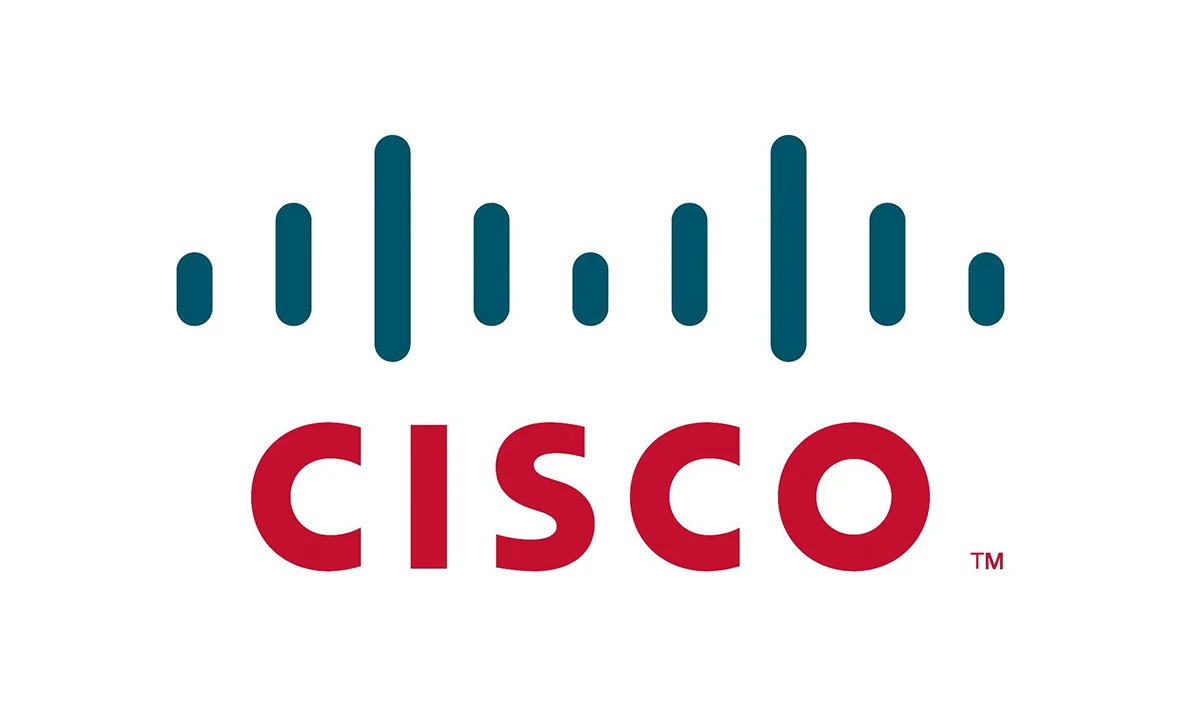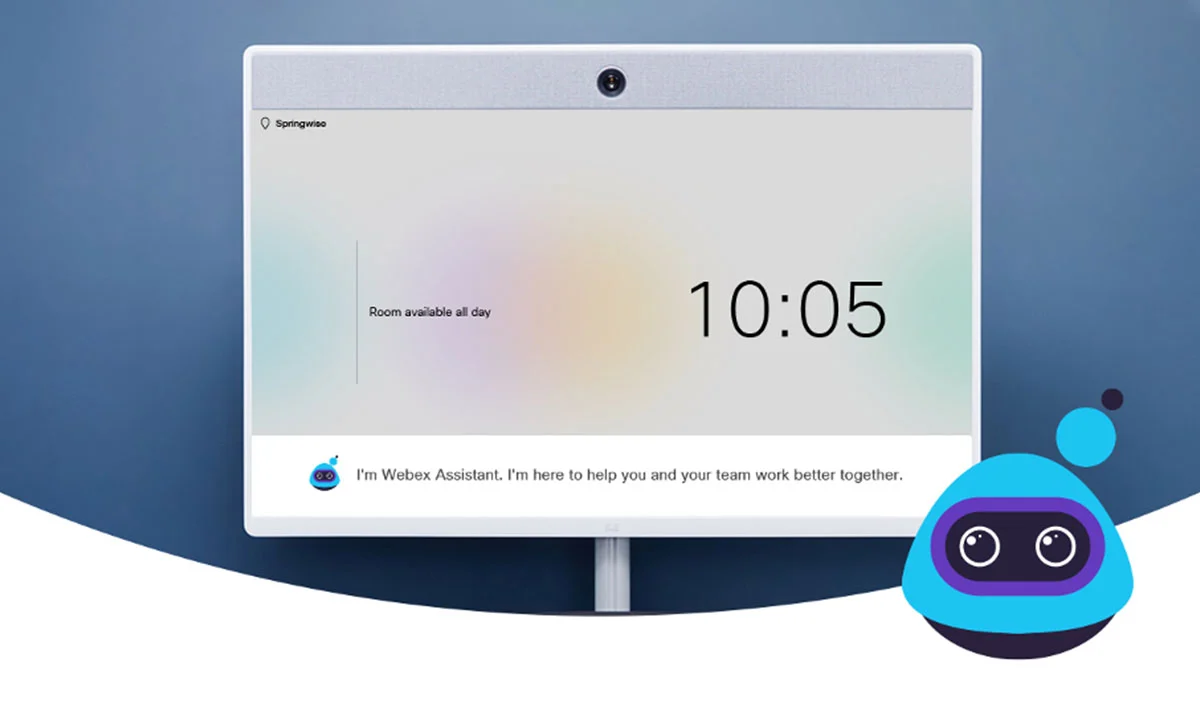


In a digital realm that's swiftly morphing, keeping a step ahead in communication and collaboration is crucial for businesses. At the crux of this transformation is Cisco's unveiling of a suite of AI-driven tools during the Webex One customer conference on October 25, 2023. This venture, aiming to refine the Webex experience, is timely as remote work and virtual engagements become commonplace, thus impacting business operations significantly.
Cisco's Real-Time Media Model (RMM), functioning alongside Large Language Models (LLM), embraces generative AI to bolster audio and video interactions. Features like noise removal, gesture recognition, and speech and video enhancement promise more engaging, clear communication, vital for seamless remote collaborations.
The innovative AI-powered audio codec is a leap toward conserving bandwidth. Now, one kilobit can replace the 16 kilobits previously needed to send a packet. This saves bandwidth and enhances audio quality despite packet loss, courtesy of AI's knack for recreating lost packets. This translates to cost savings and improved communication quality, a boon for businesses with a massive remote workforce.

The Webex AI Assistant, a new addition, amalgamates AI tooling, aiding in message crafting, tone alterations, and meeting summarizations. In sync with RMM, it offers features like detecting user absences and catching up on missed content. Such real-time assistance can significantly reduce the time spent on post-meeting follow-ups.
In an era where privacy concerns are burgeoning with the growth of AI tools, Cisco pledges priority to user and customer privacy. Cisco ensures a safe, user-centric platform by incorporating privacy controls into its AI technology. Employees can even turn off certain features to avoid management surveillance, providing peace of mind and promoting a trust-based work environment.
The Webex Assistant is set to ship in 2023, with further enhancements in early 2024. The AI audio codec is slated for release in the first half of 2024.
Cisco's latest toolkit is a significant stride towards not only ameliorating the quality and efficiency of virtual interactions but also offering a platform that values user privacy and control. As businesses continue to leverage Webex for daily operations, these advancements could be instrumental in fostering a conducive and productive work environment.
Interested in how Cisco's new AI tools can redefine your Webex experience and improve operational efficiency? Schedule a call to delve deeper into how these updates can be leveraged to streamline your business operations and foster a more engaging, efficient, and secure virtual workspace.
Schedule A CallWe are always available.

In a digital realm that's swiftly morphing, keeping a step ahead in communication and collaboration is crucial for businesses. At the crux of this transformation is Cisco's unveiling of a suite of AI-driven tools during the Webex One customer conference on October 25, 2023. This venture, aiming to refine the Webex experience, is timely as remote work and virtual engagements become commonplace, thus impacting business operations significantly.
Cisco's Real-Time Media Model (RMM), functioning alongside Large Language Models (LLM), embraces generative AI to bolster audio and video interactions. Features like noise removal, gesture recognition, and speech and video enhancement promise more engaging, clear communication, vital for seamless remote collaborations.
The innovative AI-powered audio codec is a leap toward conserving bandwidth. Now, one kilobit can replace the 16 kilobits previously needed to send a packet. This saves bandwidth and enhances audio quality despite packet loss, courtesy of AI's knack for recreating lost packets. This translates to cost savings and improved communication quality, a boon for businesses with a massive remote workforce.

The Webex AI Assistant, a new addition, amalgamates AI tooling, aiding in message crafting, tone alterations, and meeting summarizations. In sync with RMM, it offers features like detecting user absences and catching up on missed content. Such real-time assistance can significantly reduce the time spent on post-meeting follow-ups.
In an era where privacy concerns are burgeoning with the growth of AI tools, Cisco pledges priority to user and customer privacy. Cisco ensures a safe, user-centric platform by incorporating privacy controls into its AI technology. Employees can even turn off certain features to avoid management surveillance, providing peace of mind and promoting a trust-based work environment.
The Webex Assistant is set to ship in 2023, with further enhancements in early 2024. The AI audio codec is slated for release in the first half of 2024.
Cisco's latest toolkit is a significant stride towards not only ameliorating the quality and efficiency of virtual interactions but also offering a platform that values user privacy and control. As businesses continue to leverage Webex for daily operations, these advancements could be instrumental in fostering a conducive and productive work environment.
Interested in how Cisco's new AI tools can redefine your Webex experience and improve operational efficiency? Schedule a call to delve deeper into how these updates can be leveraged to streamline your business operations and foster a more engaging, efficient, and secure virtual workspace.
Schedule A CallWe are always available.

In a digital realm that's swiftly morphing, keeping a step ahead in communication and collaboration is crucial for businesses. At the crux of this transformation is Cisco's unveiling of a suite of AI-driven tools during the Webex One customer conference on October 25, 2023. This venture, aiming to refine the Webex experience, is timely as remote work and virtual engagements become commonplace, thus impacting business operations significantly.
Cisco's Real-Time Media Model (RMM), functioning alongside Large Language Models (LLM), embraces generative AI to bolster audio and video interactions. Features like noise removal, gesture recognition, and speech and video enhancement promise more engaging, clear communication, vital for seamless remote collaborations.
The innovative AI-powered audio codec is a leap toward conserving bandwidth. Now, one kilobit can replace the 16 kilobits previously needed to send a packet. This saves bandwidth and enhances audio quality despite packet loss, courtesy of AI's knack for recreating lost packets. This translates to cost savings and improved communication quality, a boon for businesses with a massive remote workforce.

The Webex AI Assistant, a new addition, amalgamates AI tooling, aiding in message crafting, tone alterations, and meeting summarizations. In sync with RMM, it offers features like detecting user absences and catching up on missed content. Such real-time assistance can significantly reduce the time spent on post-meeting follow-ups.
In an era where privacy concerns are burgeoning with the growth of AI tools, Cisco pledges priority to user and customer privacy. Cisco ensures a safe, user-centric platform by incorporating privacy controls into its AI technology. Employees can even turn off certain features to avoid management surveillance, providing peace of mind and promoting a trust-based work environment.
The Webex Assistant is set to ship in 2023, with further enhancements in early 2024. The AI audio codec is slated for release in the first half of 2024.
Cisco's latest toolkit is a significant stride towards not only ameliorating the quality and efficiency of virtual interactions but also offering a platform that values user privacy and control. As businesses continue to leverage Webex for daily operations, these advancements could be instrumental in fostering a conducive and productive work environment.
Interested in how Cisco's new AI tools can redefine your Webex experience and improve operational efficiency? Schedule a call to delve deeper into how these updates can be leveraged to streamline your business operations and foster a more engaging, efficient, and secure virtual workspace.
Schedule A CallWe are always available.